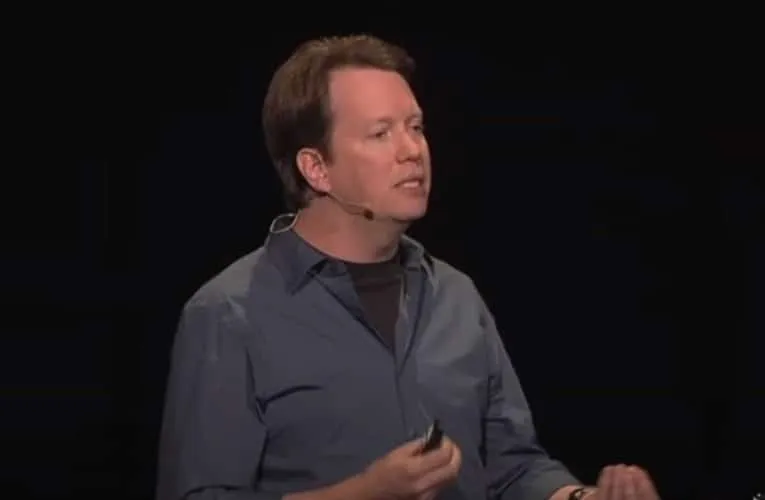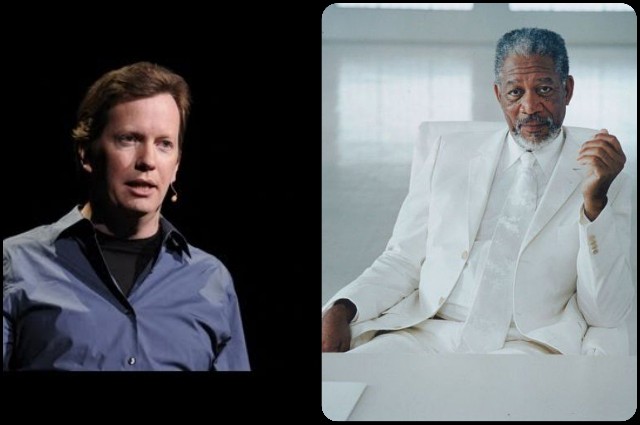The topic of life after death is widely discussed in philosophy and remains a mystery. Despite our vast knowledge of life, we have limited understanding of what happens beyond death. This enigmatic concept has captivated the minds of many great philosophers throughout history.
Many religions posit that life persists beyond death, either through the migration of consciousness to another realm or the reincarnation of souls into newborn bodies. However, scientific research dismisses the existence of an afterlife. Sean Carroll, a cosmologist and physics professor at the California Institute of Technology, contends that the laws of physics governing everyday life are fully comprehended. This, as reported by the Express, appears to contradict the possibility of an afterlife.

According to Dr. Carroll, the idea of an afterlife necessitates a complete separation of awareness from our physical bodies. However, instead of an eternal soul, consciousness appears to consist of a sequence of atoms and electrons.
Claims that consciousness persists after our bodies decompose into constituent atoms are confronted with a significant obstacle: the laws of physics that govern everyday life are well understood, and these laws do not allow for the preservation of information stored in our brains after death.

Despite this, scientists have explored the possibility of an afterlife, with Dr. Carroll citing Quantum Field Theory (QFT). In simple terms, QFT suggests that there is a distinct field in the universe for each type of particle, such as photons and electrons.
However, if an afterlife existed, quantum experiments would detect “spirit particles” and “spirit forces.” Unfortunately, as Dr. Carroll indicates, such particles and forces have not been discovered. Well, I don’t believe him, there’s definitely an afterlife.
